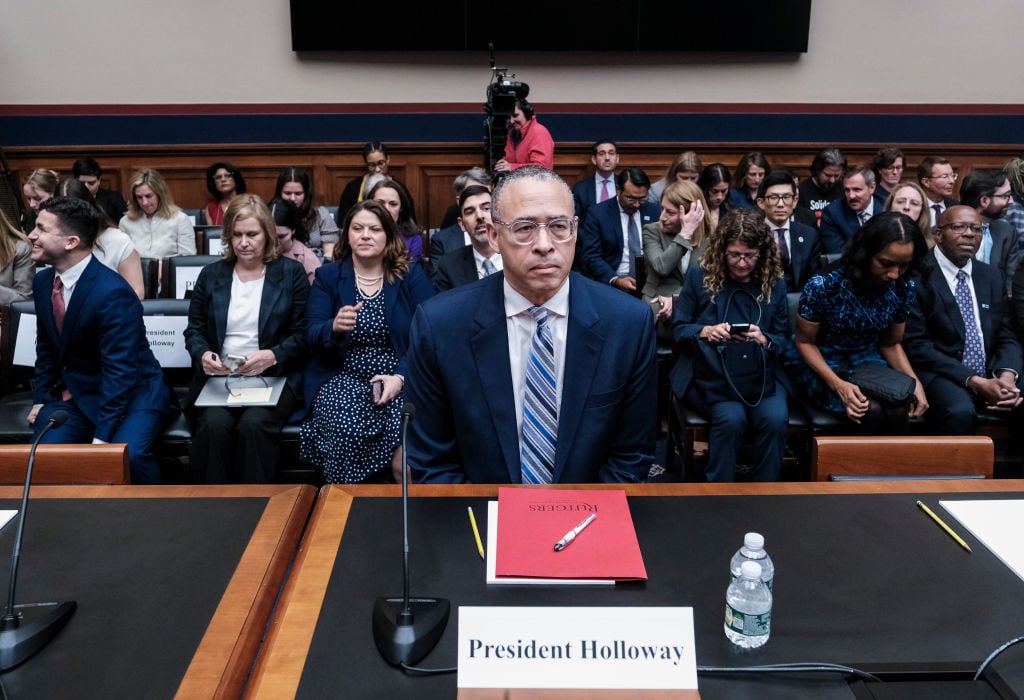Dear Dr. Maslow,
I recently heard two separate stories of teenagers who were unfortunately diagnosed with cancer and both (a male and a female) were able to preserve their fertility before their treatment. I didn’t know this was possible at such a young age. Can you tell us more about it so more people are aware?
Thank you!
First and foremost, facing a cancer diagnosis, particularly for an adolescent or young adult, is an incredibly challenging and emotionally charged experience. It is important to know that there are many resources available to help navigate this difficult journey, including options for fertility preservation. Thankfully, we live in a time where adolescent and young adult (AYA) cancers are highly treatable and most young people who have cancer will go on to lead healthy adult lives. However, research has shown that close to half will likely experience impaired fertility because of their treatments and that the ability to have a future family is one of the top concerns of AYA cancer survivors. This is especially true in communities with an emphasis on building large families. Discussing these concerns with your or your child’s oncologist early in the process and revisiting them throughout the survivorship period is crucial to helping AYA cancer survivors achieve their family-building goals.
There are, in fact, options for fertility preservation for both males and females with an AYA cancer diagnosis, depending on their age and their diagnosis.
Here are some key points to consider:
Timing Is Critical: Ideally, any fertility preservation, whether it is freezing eggs or freezing sperm, should be done before exposure to chemotherapy. Depending on the type and stage of the cancer and the planned treatment, there is often time to accommodate these but sometimes that requires a slight delay in treatment. Occasionally, doing so would be too risky, which is why it should be discussed with an oncologist as soon as possible.
Consult With a Fertility Specialist: Schedule a consultation with a fertility specialist who has experience working with individuals facing cancer, particularly AYA cancers. These appointments are often available urgently and can be scheduled within a day or two. Ask if they have a lower age limit below which a child is too young to attempt fertility preservation. They can provide personalized guidance based on the specific situation, including the age, stage of physical and emotional maturity, the type of cancer, and the proposed treatment plan.
Explore Fertility Preservation Options: There are various fertility preservation methods available, including egg or sperm freezing, embryo freezing, and ovarian tissue freezing. The most suitable choice depends on factors such as your age, gender, relationship status, and the urgency of cancer treatment.
Understand the Impact of Cancer Treatment: Your healthcare team can provide information on how specific cancer treatments may affect fertility. This knowledge can guide your decision-making process and help you make informed choices about fertility preservation. Not all treatments have the same impact. Some are more likely to cause future fertility concerns than others.
Financial Considerations: Fertility preservation procedures may have associated costs, and exploring financial assistance options and insurance coverage is essential. While many insurance companies have moved towards covering fertility preservation in the setting of medical treatment, many still do not. Some organizations within and outside the Jewish community offer support, grants, or discounted services for individuals facing cancer.
Emotional Support Is Crucial: Facing a cancer diagnosis and making decisions about fertility preservation can be emotionally challenging. Seek support from friends, family, or a counselor who can provide emotional support and help you navigate the complex feelings associated with these decisions. The Jewish community has many religious, psychological, and social support resources.
Lastly, not every adolescent or young adult will have the opportunity for fertility preservation. This does not mean they cannot have a family in the future! Sometimes, there are opportunities for fertility preservation right after cancer treatment. Once an AYA survivor is ready to conceive, they may not have trouble conceiving or there may be options for fertility treatments with a specialist if needed. For survivors and their families, it is crucial to have open and honest conversations with the oncology and fertility teams. As friends and community members, we should never make assumptions about what impact cancer treatment might have on an adolescent or young adult’s future. Communities must support and create awareness for the struggles they may face as well as the options that may be available to help them grow families.
I wish you strength and resilience to anyone on a journey to recovery.
Sincerely,
Dr. Maslow
Dr. Bat-Sheva L. Maslow, MD, MSCR, is a reproductive endocrinologist and an expert on the intersection of reproductive medicine and Jewish life. To schedule an appointment with her at Reproductive Medical Associates (RMA) of New Jersey’s Englewood or the brand new Jersey City location, see www.rmanetwork.com/NJ. You can invite Dr. Maslow to speak in your community or learn more about her educational projects on her website, www.batshevamaslow.com and @blmaslowmd on Instagram.











